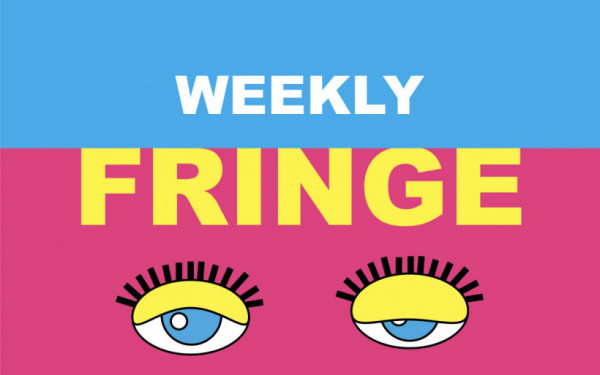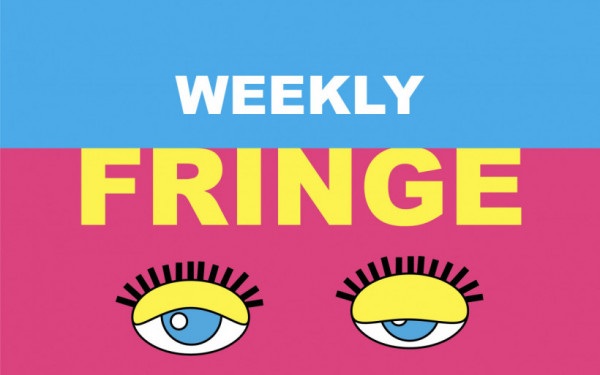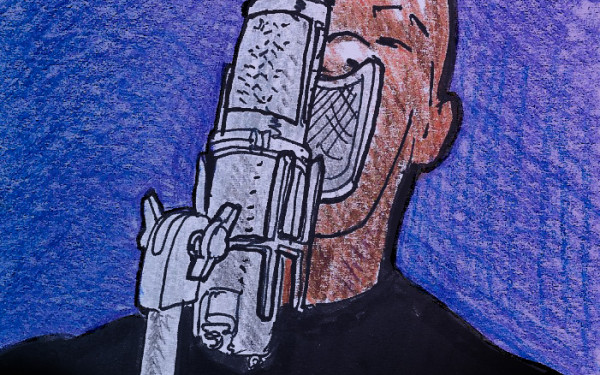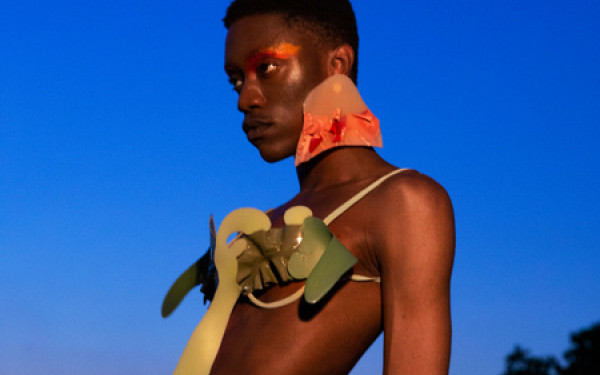From poem to children’s book ‘Dear Black Girls’ is a love letter to Black girls
‘Dear Black Girls’ will be released on Feb. 8. Courtesy Metonymy Press
A colourful collaboration between a poet and painter produces a reminder to dream
In the summer of 2015, Shanice Nicole wrote a “love letter to Black girls” in the form of a poem titled Dear Black Girls. Now she is reintroducing the poem as a children’s book that will be released on Feb. 8.
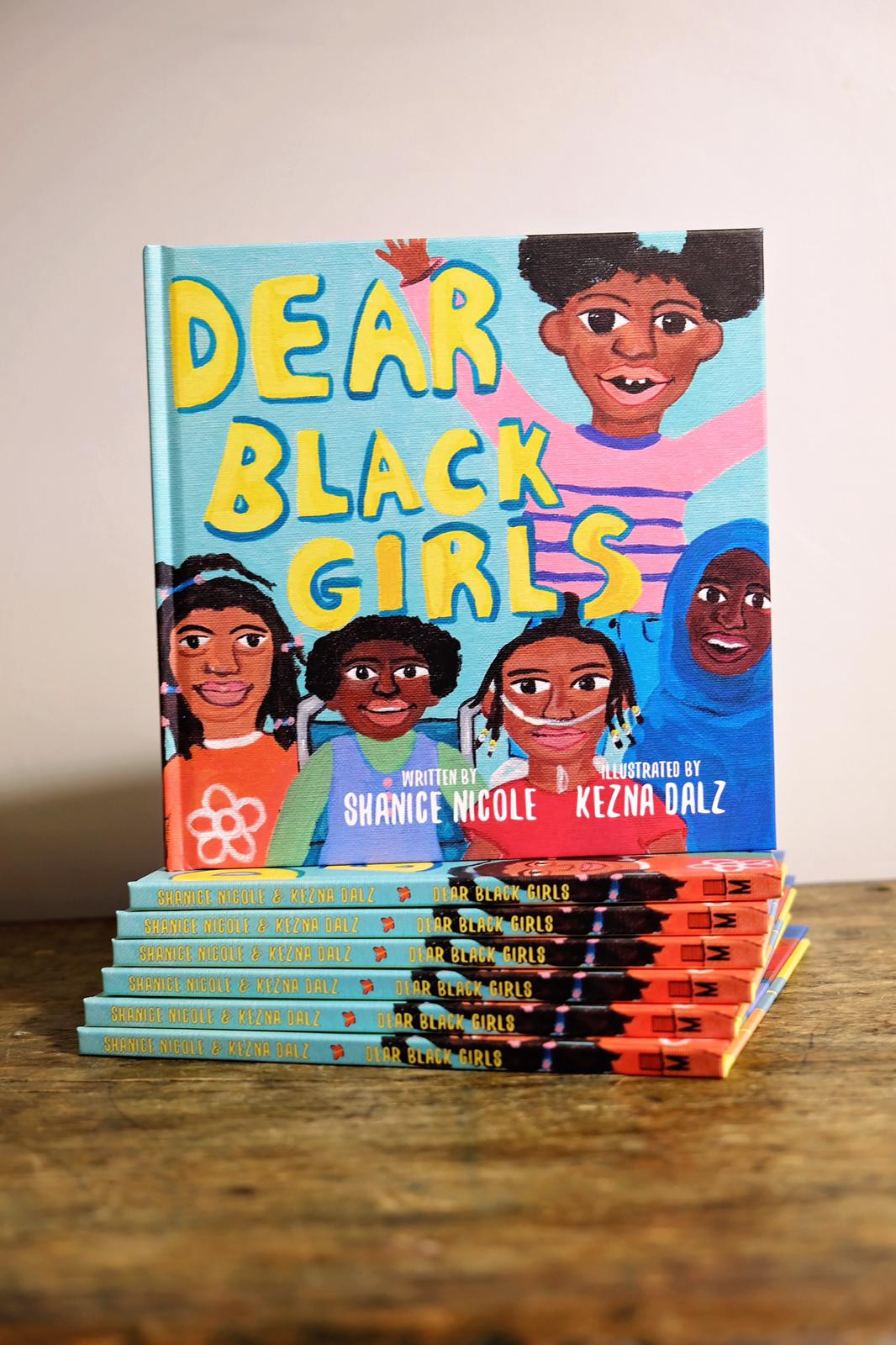
Nicole transformed the poem into a book in collaboration with illustrator Kezna Dalz and Metonymy Press. The Montreal publishing company’s website reminds readers that “to be a Black girl is a true gift.”
Nicole is a Montreal-based educator, facilitator, writer, and as she claims in her online biographies, an “(out)spoken word artist.”
“Spoken word is my general style of poetry, particularly the poetry that I perform. I added the ‘out’ in brackets because I believe art is a powerful avenue for being outspoken and speaking the truth,” she said.
Nicole uses her poetry and writing “as a way to engage people in conversation, or at least reflection, about often intense or nuanced themes.”
In addition to performing poetry, she facilitates workshops and speaking engagements to a diverse range of audiences in schools, organizations, and community spaces. Themes of anti-oppression and anti-racism are woven into her facilitation and education roles as well as her poetry. In acknowledgment of the power of art, she sometimes includes poetry in her workshops.
Nicole began writing poetry in 2015, the same year she wrote Dear Black Girls. The poem was not initially intended to be a children’s book, though. The poet has performed the poem in front of audiences primarily made up of Black adults.
“It’s healing, in a way, to work on this because it’s what I would like to offer to myself as a kid and to every Black girl I knew.” — Kezna Dalz
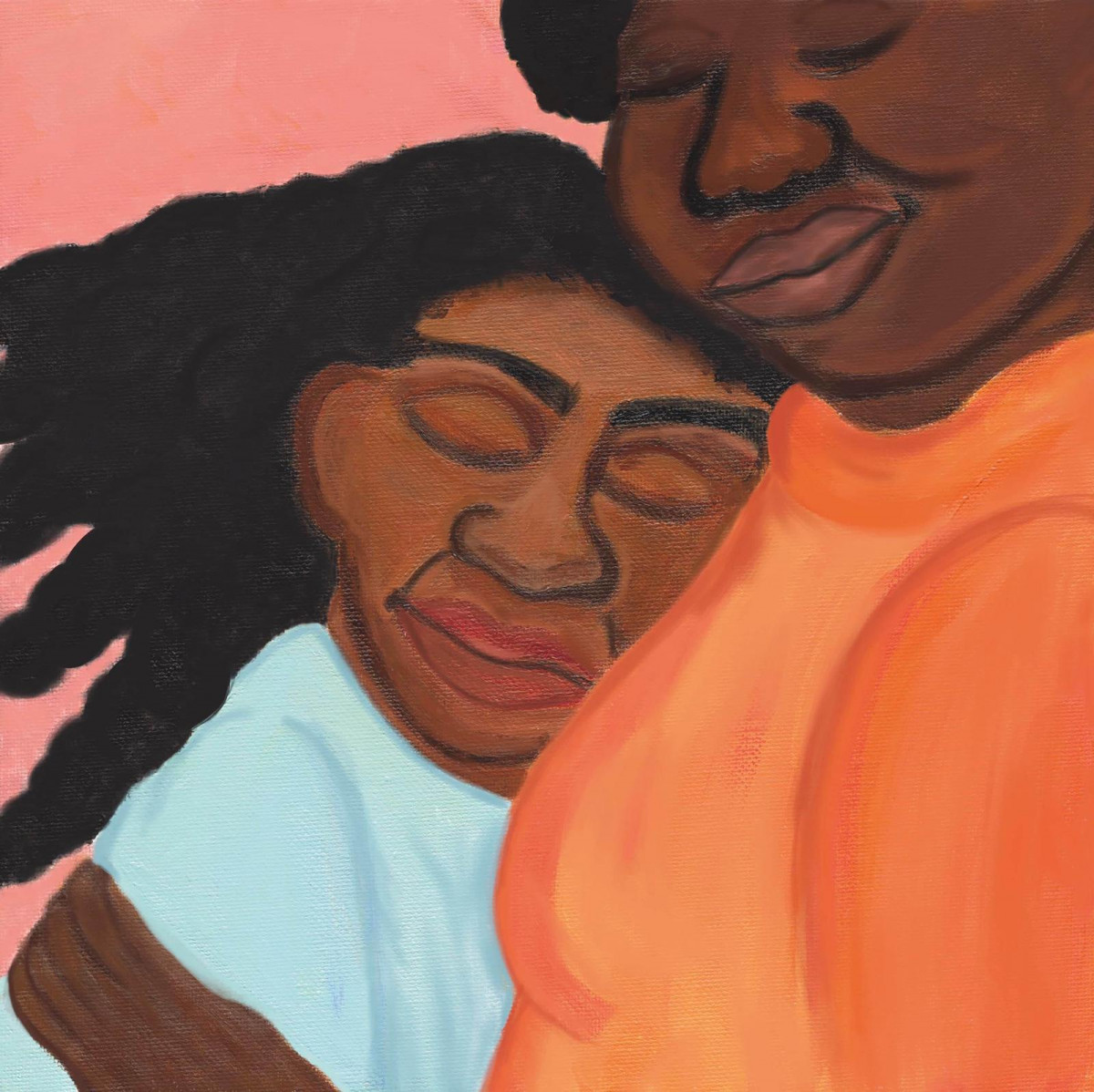
“We framed it as a children’s book but I expect and hope that Black women and Black people of all ages, and also of all genders and no gender, will read it and see either themselves or their loved ones or people in their community reflected in both the images and the story.”
With Dear Black Girls having been written several years ago, Nicole is looking forward to having people who know and love the poem see how it has come into its colourful new form.
“I’m just so excited for people to see the illustrations which have really brought the poetry and the poem and the story to life,” she said.
Kezna Dalz, the book’s Montreal-based illustrator, is also known by her artist name teenadult. Dalz’s website describes her work as seeking to “touch hearts through images.” Her paintings are made up of bright, vibrant colours and hold a quality that Dalz described as a “sort of ‘90s look.”
“As much as I am able to draw a realistic portrait, it’s not really what I’m interested in. I like the little childish look of my work,” Dalz said.
The charmingly unique zest of Dalz’s style is what enticed Nicole to contact her in 2018 to discuss collaboration.
“It was really important for me to work with another Black girl to bring this to life,” Nicole said. “And she did such an incredible job. The amount of detail and time and energy that went into the imagery, so I’m really excited for people to see that.”
Representation and inclusivity were the driving forces in Dalz’s approach to illustrating the book.
“I wanted to have as many different characters as possible. So they all have different hairstyles, different traits, different skin tones,” she said. “For each page, I wanted a character that looked nothing like the other ones.”
At both the heart of Nicole’s poetry and Dalz’s paintings is the acknowledgement that Black girls, and Black people at large, often don’t see themselves represented in the world around them. Dalz reflected on the lack of representation in her own childhood. Having grown up in a mostly white neighbourhood, she didn’t see herself in many books or movies.
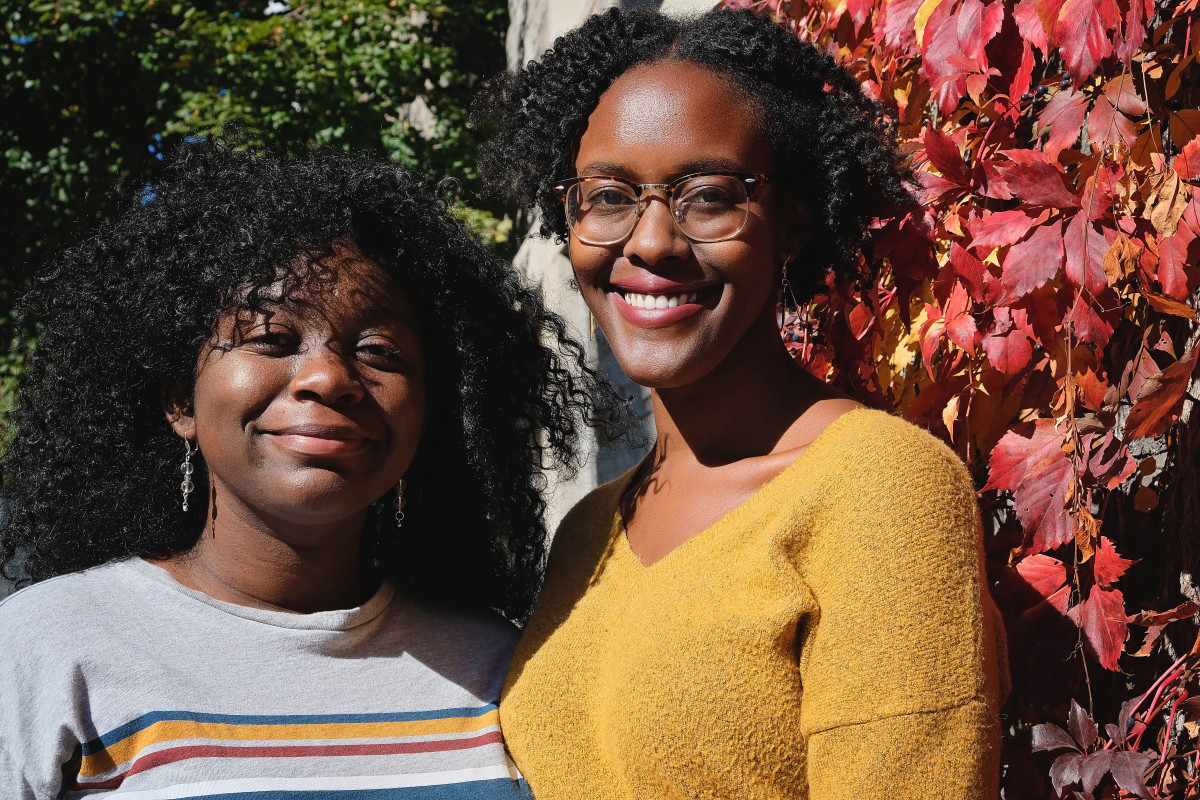
“I think it’s definitely a book that I would have enjoyed as a kid,” she said. “It’s healing, in a way, to work on this because it’s what I would like to offer to myself as a kid and to every Black girl I knew.”
For Nicole, the process of creating the book has been a lesson of turning dreams into reality that she wishes will extend to readers.
“For me, this is the ultimate reminder of speaking our dreams into existence,” Nicole said. “And for Black girls and women in particular, who are continuously told that their dreams don’t matter and that they don’t matter. For me, there’s something really important about sharing that reminder and encouraging people to continue to dream, especially now.”

